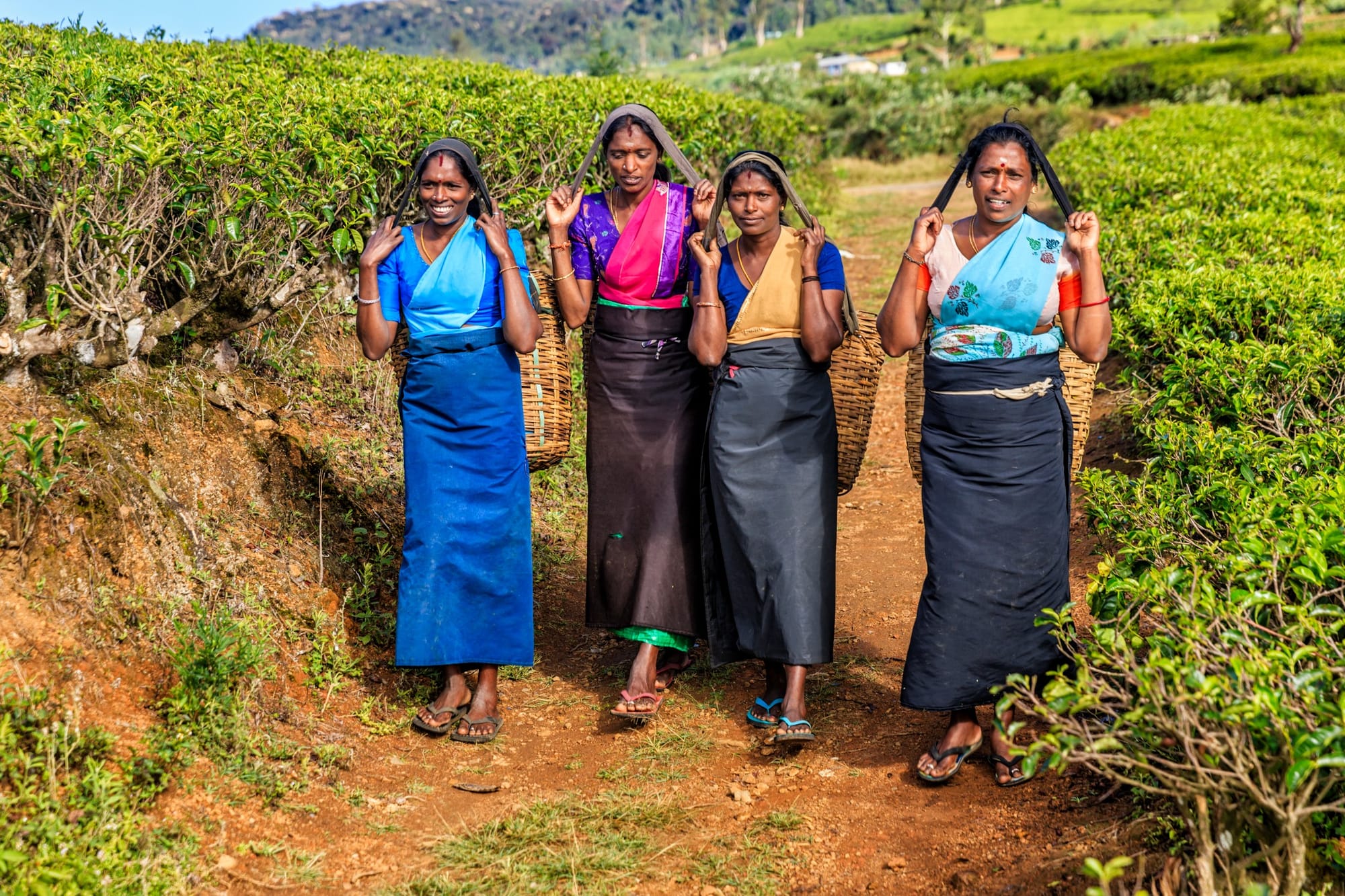
Soma is a Sinhalese woman in her early 50s, living in a rural village on the outskirts of Vavuniya, in northern Sri Lanka, with her two girls. Her husband died during Sri Lanka’s civil war, and her entire family was displaced.
After the war ended in 2009, Soma was determined to rebuild her life. With the promise of a fairytale, she joined microfinance to begin a small business. Her dream was to build a small house and provide for her children.
A decade later, after enduring violence and harassment at the hands of the microfinance industry, Soma now lives in the same half-built house trapped in a debt spiral.
Soma’s nightmare experience has been repeated thousands of times by other women borrowers in Sri Lanka and Cambodia. These women borrowed to rebuild their lives after war, but instead have been subjected to debt and violence at the hands of microfinance lenders.

With few choices, women borrowers become heavily dependent on debt not only for entrepreneurial activities, but for living expenses. As they continue to borrow at more usurious interest rates, they find themselves in a state of continued debt dependence, taking out multiple loans to pay off other debts. The debt spiral begins.
Microfinance has often been introduced as a development tool that acts as a panacea for poverty alleviation. However, research conducted in the past three decades highlights that microfinance not only fails to alleviate poverty, but instead makes the lives of the vulnerable even more uncertain.
There are several structural, cultural, social and legal factors that lead to the rising indebtedness of women borrowers in Sri Lanka and Cambodia.
Microfinance lacks regulation, giving free rein to institutions to act in predatory ways. Excessive interest rates that go up to 300%, violence and harassment to intimidate borrowers, and misleading documents are common practices.
Since women in post-war zones have limited access to formal financial structures (they’re often referred to as the unbankable populations), microfinance is often the only viable option to access funds. As a result, women turn to microfinance despite the predatory practices.
Today in rural Sri Lanka, there are thousands of women who live on the margins of survival teetering on the edge of destitution with microfinance debts.
Cambodian borrowers are classified as “over-indebted”, with microfinance leading to social exclusion, including through land dispossession.
Women’s experiences of debt have led to a more holistic understanding of economic security, going beyond the traditional understanding of it as financial capability. It emphasises how economic security is deeply embedded in all aspects of everyday life, and poses challenges for vulnerable communities.
There are alternatives being put forward that give greater control to the affected communities, and take into account the multiple traumas and oppression that war-affected communities face. Rotating savings and credit groups, credit cooperatives, debt cancellation, as well as offering more long-term support rather than quick-fix loans are all potential solutions.
Economic security and justice is important for ensuring a peaceful life, and research demonstrates it’s often talked about as a higher-order priority for those affected by war.
However, it’s been marginalised in peacebuilding efforts under the Women, Peace and Security (WPS) agenda, although it’s included in the Relief and Recovery pillar of the four WPS pillars.
As the microfinance example shows, inclusion in economic programs without questioning or transforming economic structures that can have harmful gendered outcomes can drive greater insecurity.
Originally published under Creative Commons by 360info™.





